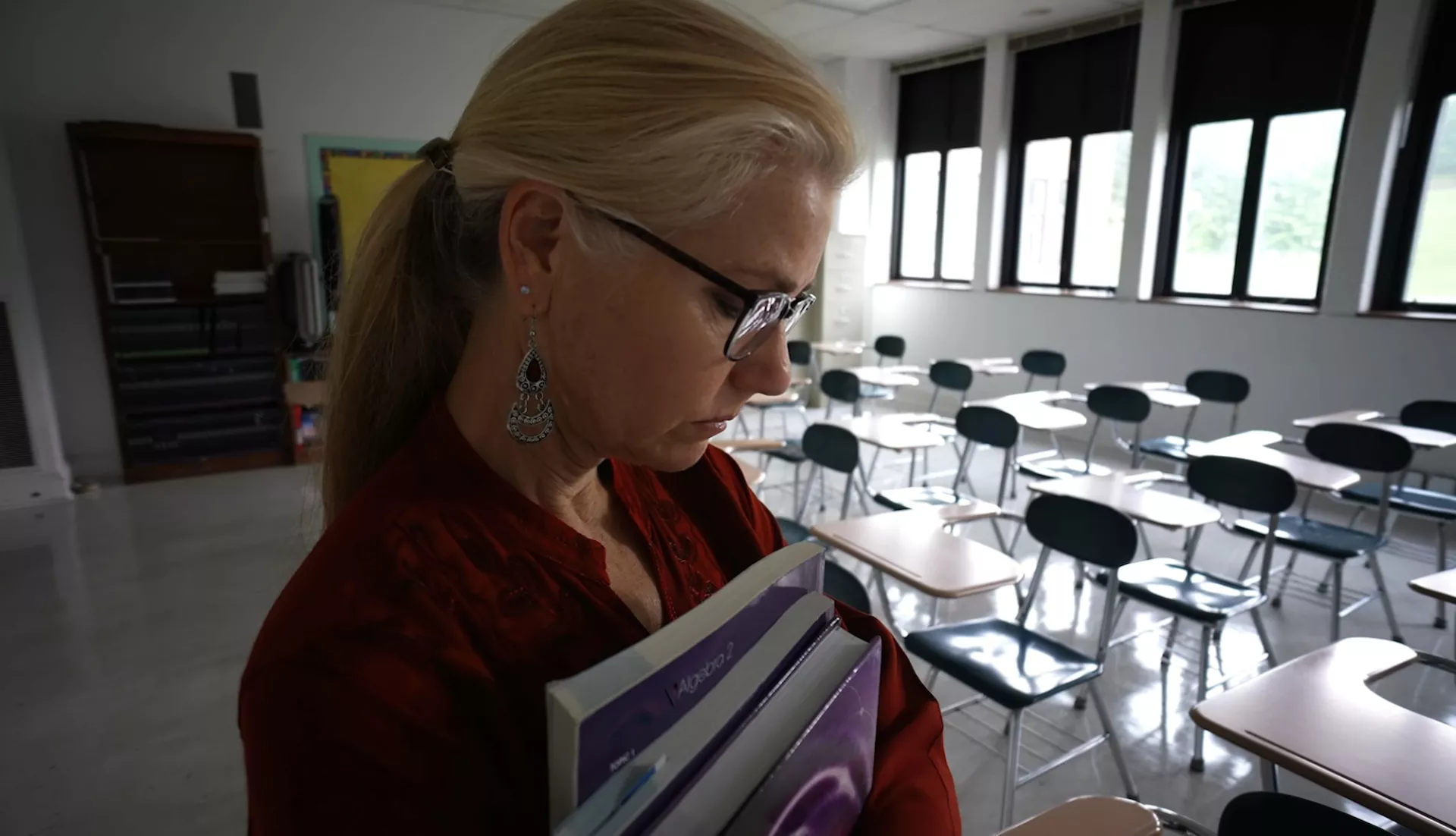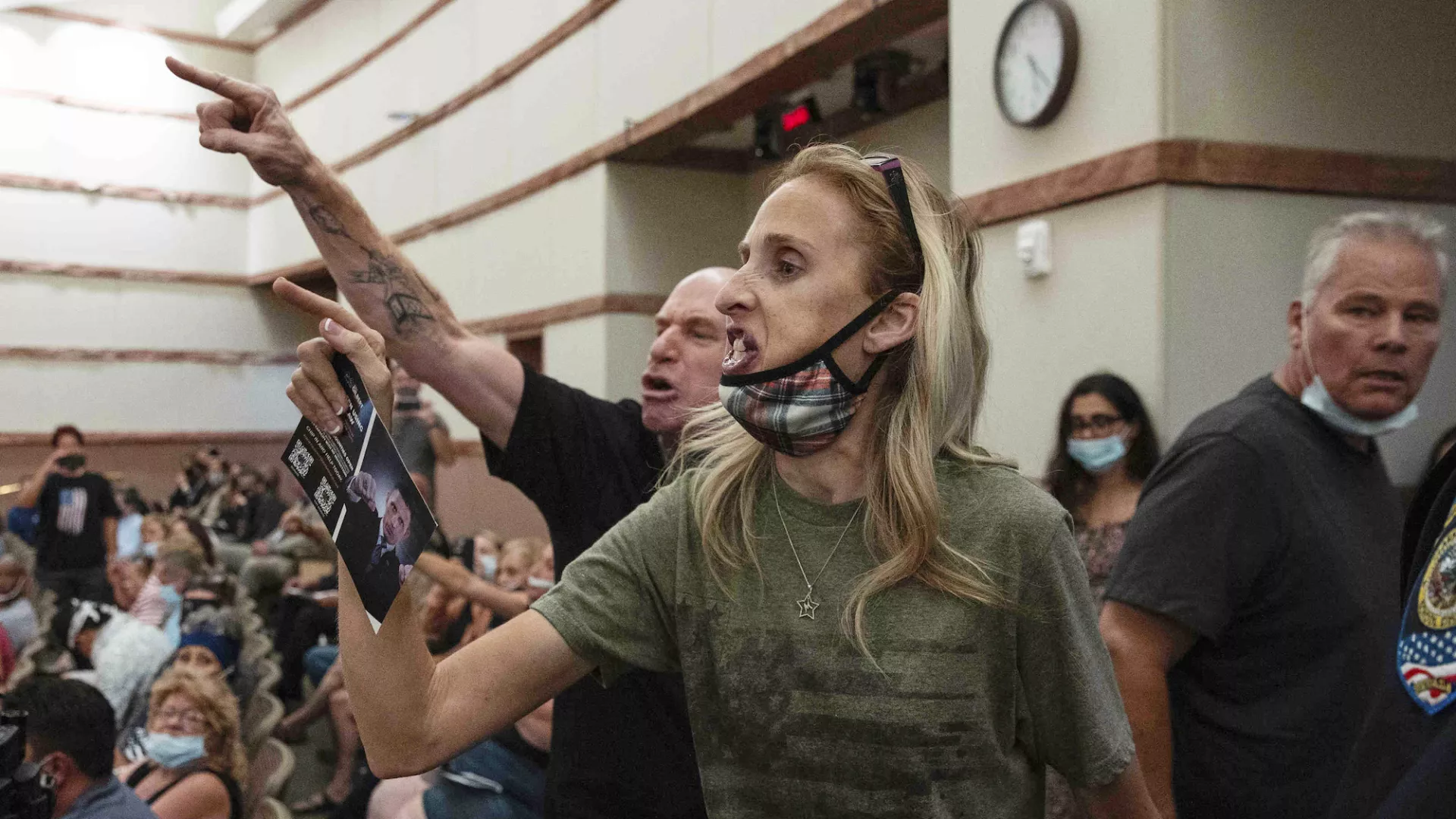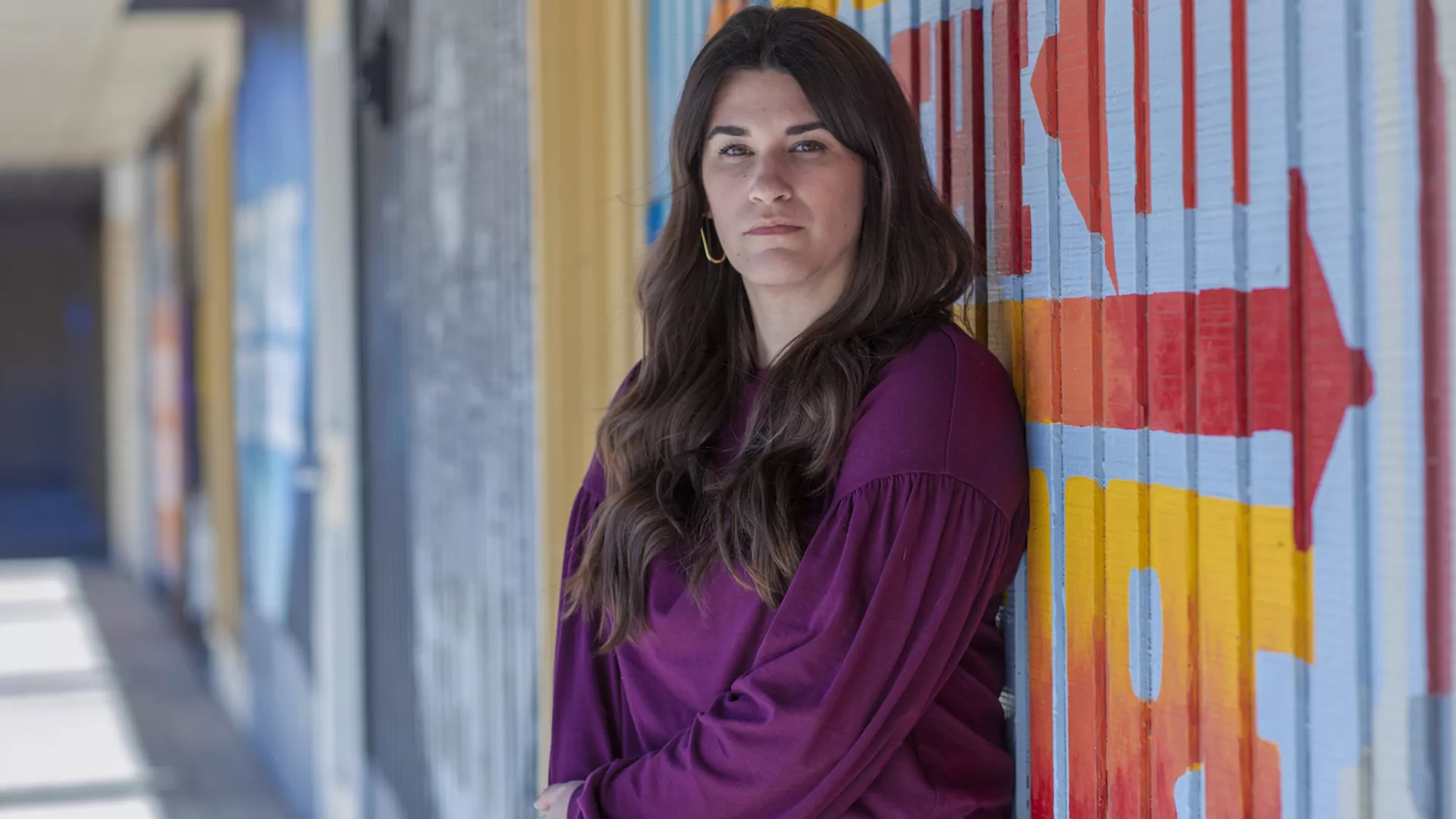We know what to say to students.
Don’t remain silent. In a calm, firm voice, tell the bully to stop.
Avoid the places where the bullying occurs.
But what if the victim is an educator—and the bully is a co-worker, administrator, or district employee?
That’s what happened to Jaclyn Headlam, a New Jersey school counselor who, at the age of 30 was contracted to provide counseling services for a school in Monmouth County. The principal told her again and again that she was too young to be in a supervisory role and too young to work on the principal’s team.
Headlam recalls that when she planned school trips, the principal would cancel them or allow them to happen only if one of the principal’s allies went along. And before Headlam could meet with students, she had to send a list of names to the principal. Then the principal would talk with the students and decide whether the meetings would take place.
“This type of behavior is not how counseling is supposed to be,” Headlam says. She remembers how the principal used microaggression and intimidation tactics against her and other school staff. They knew to be careful to avoid incurring the principal’s wrath, Headlam adds. The principal’s behavior caused Headlam to leave the district and start a school counseling position in West Orange, N.J.
How Do You Know if You’re Being Bullied?
Richard T. Geisel, a professor of education leadership at Michigan’s Grand Valley State University, notes that in the education field, “We are in the people business, so it’s not surprising that it’s a workplace environment that occasionally lends itself to conflict, disagreement, hurt feelings, and sometimes adverse employment actions.” But bullying, he says, “is something entirely different that erodes the dignity and humanity of the individual being bullied.”

In his 2019 research paper, An Examination of Adult Bullying in the K-12 Workplace: Implications for School Leaders, published in the School Leadership Review, Geisel and co-author Cynthia J. Kleinheksel define adult bullying as the “repeated, persistent, non-physical mistreatment of a person that threatens the psychological integrity, safety, and health of the target.”
The researchers cite examples such as “spreading false information about a worker, spreading malicious gossip, discrediting a person’s work performance, making personal character attacks, isolating a worker physically or by not including them in communication loops required to do their jobs, or belittling them.”
Adult bullying, the authors write, can cause victims to withdraw, experience distress, or believe they are to blame for the harassment.
Geisel says, “The first thing to do is to simply acknowledge that adult bullying exists in K-12 education and to recognize the long-term, adverse effects of adult bullying on school climate and the profession … if it isn’t addressed proactively and constructively.”
A Pattern of Mistreatment

Fear and intimidation are all-too familiar to Abby Taylor, an elementary school teacher and president of the Hamilton Southeastern Education Association, in Fishers, Ind.
It all started when the district began moving teachers from general education to special education, focusing on those who had dual general education and special education licenses. As the union president, Taylor started asking questions about how these decisions were being made.
“The district’s representative really felt like we were pushing back on him,” she says.
Over time, the district staffer started harassing her, raising his voice on the phone, complaining to the state union about her, sending her text messages, and leaving belittling voicemails saying how she couldn’t do her job. When Taylor recalled these traumatic experiences, she needed a moment to compose herself. The bullying only stopped when the representative left the district.
What to Do if You Are Being Bullied
Follow the same advice you would give a student: Tell an adult. “If the bullying offender is district personnel, members should inform the principal,” Taylor says. “If it is a principal doing the bullying, members should tell their association representative immediately.”
Research your district’s policies on harassment, intimidation, and bullying, and create a paper trail by sending a follow-up email after every face-to-face or telephone conversation, Taylor advises.
“The first thing to do is to simply acknowledge that adult bullying exists in K-12 education and to recognize the long-term, adverse effects of adult bullying on school climate and the profession.”
— Richard T. Geisel, professor of education leadership, Grand Valley State University
Investigate your state laws. In some (but not all) states, it’s legal to record conversations with or without the other party’s consent. And, if you live in Maine, a law that passed in 2021 now protects school employees from bullying by administrators, school employees, parents, students, or any other individual associated with the public school.
Know your rights. Whether a school employee is being bullied based on age, because the worker is new to the education profession or returning from maternity leave, or for another reason, educators should know how they are protected. Headlam urges school employees to understand the employee handbook and the district’s human resources policies.
Ask your union for help. In states with collective bargaining rights, there is a contract and grievance process for union members. Educators should understand their contract, know when it’s violated, and be familiar with the grievance process, Headlam advises. Whether or not your state has these rights, you should contact your union or association staffers, who can help you understand how you are protected and what actions you can take to stop bullying and mistreatment.
Want to know more? Watch this NEA webinar on adult bullying in the workplace.
Sundjata Sekou (pronounced Sund-jata Say-coo) is a hip-hop loving, “dope,” Black, male, elementary school teacher in Irvington, N.J., and NEA’s 2025 writer-in-residence. With support from his union sisters and brothers in the NJEA Members of Color Affinity group, he received the 2024 New Jersey Education Association Urban Educator Activist Award. You can follow him on Instagram @blackmaleteacher and email him at [email protected].





